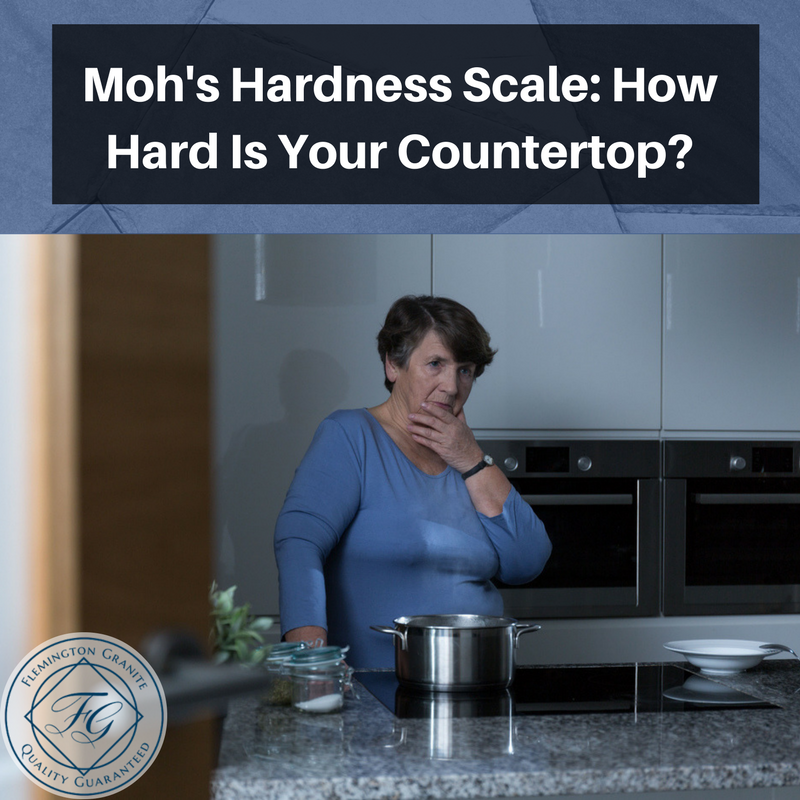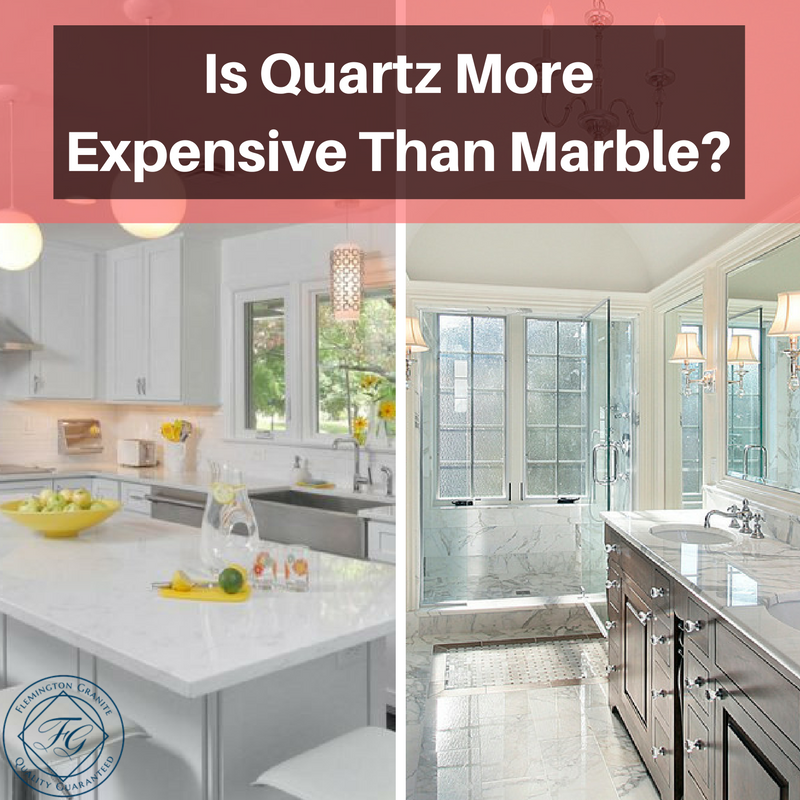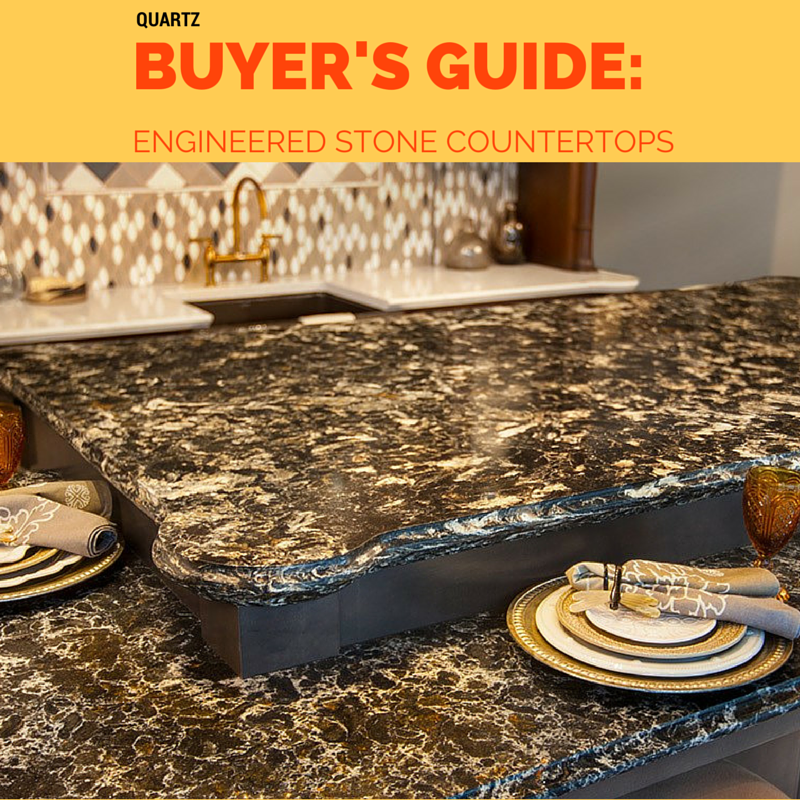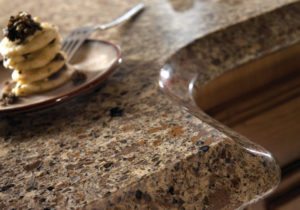You may have heard the term, but you may not know what is Moh’s Hardness Scale. Minerals are rated on what is known as Moh’s Scale of Hardness, a method designed to determine how dense the material is. On the scale, a one represents the softest material while a ten represents the hardest.
What is Moh’s Hardness Scale
According to the Mineralogical Society of America, Moh’s Hardness Scale was developed by Frederich Mohs in 1822. The purpose of the scale is to determine how scratch resistant a mineral is and is related to the breaking of chemical bonds in the material as well as microfractures on the surface. It can also be used for metal. Hardness is determined by the ability of one mineral to scratch another. For example, a diamond can scratch granite while granite can scratch marble. Marble has a Mohs’ Hardness Scale rating between 3-4. This means that marble is less scratch resistant than granite.
Granite on the Mohs’ Scale
Granite is a blend of different minerals fused together by the tectonics of the Earth, making it difficult to determine the hardness of the material. Granite crystals are listed between 7-9 on Mohs’ Scale of Hardness, while other minerals that may be included, such as mica, may show as a 5. The veining and marbling of granite also adds to the hardness of the countertop.
Research is Necessary
Because one slab of granite may have a higher rating on the Moh’s Hardness Scale, it is important to research before purchasing the countertop if you are seeking a higher scratch resistance. High quality granite often has a higher hardness than granites of lower quality. It is important to understand that granite that is rated low on the Mohs’ Scale is at higher risk for scratching or cracking than granite that is rated higher on the scale. For some applications, such as windowsills or decorative purposes, softer granite may be suitable, but for use in kitchens and bathrooms, you will want to choose a granite that is harder and less likely to scratch.
Choosing countertops can be a fun and exciting part of any remodeling project. It is important to choose countertop materials that are durable enough for your use. Our customer service representatives can help guide you through the selection process so that you will be sure to get the countertop with the hardness you need. You can reach them by calling on the phone or completing the simple query form online to learn more about the countertops we have available.





